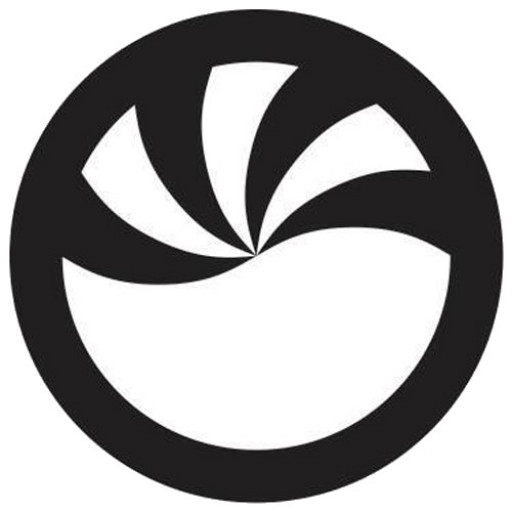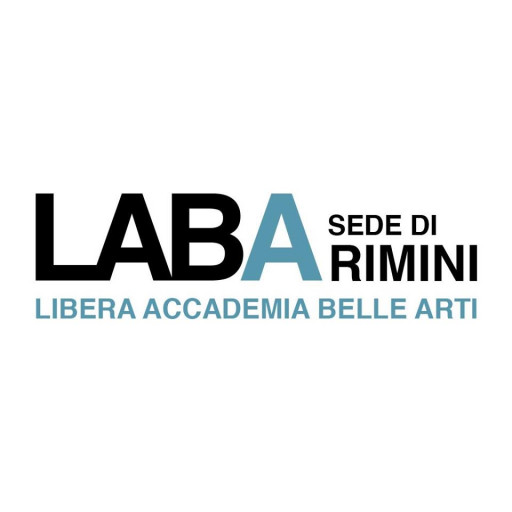Photos of university / #uniofsuffolk
Description
The Photography degree course at University Campus Suffolk offers students the opportunity to understand and explore in depth the practices, technologies and debates associated with the photographic image.
Students will develop their ability to produce photographic work in a range of media, using techniques that are sensitive to the works context and audience. Central to the philosophy of the course is an emphasis on producing creative, expressive and risk-taking work, which also engages with critical and theoretical approaches.
Students on the course have access to a range of industry standard studios, darkrooms and digital suites specific to photography. In addition students are taught and have access to a broad range of professional photographic equipment including digital and analouge cameras, professional studio and location lighting, and fully colour managed post production and outputting options.
In addition to the experienced lecturers and practitioners on our teaching staff, the course is supported by visiting lecturers and guest speakers of the highest calibre who have included Martin Parr, Gareth McConnell, Tom Hunter, Bettina Von Zwehl, Steve Macleod and Eamonn McCabe.
This course equips students with transferable skills, and explores the use of photography in modern society, through the use of a hybrid of old and new media.
The course is available as a full-time (3 years) or part-time (4-9 years) programme
Detailed Course Facts
Application deadline UK or any other EU country - 15 January ; International - 30 June Tuition fee- EUR 9240 Year (EEA)
- EUR 10360 Year (Non-EEA)
Students starting at UCS in September 2013 will be charged £8,000 for a full-time Bachelor degree.
Tuition fees for full-time undergraduate overseas fee payers for the academic year 2013-2014 are:
- Classroom-based 9,000 GBP (£)
- Laboratory-based 10,500* GBP (£)
Duration full-time 36 months Languages Take an IELTS test
- English
Course Content
YEAR 1
The first year provides a thorough grounding in both technical and critical skills. Students will be introduced to historical, theoretical, cultural and political debates surrounding lens-based media. This study is directly linked to the use of all camera formats, as well as the specific qualities of analogue and digital photography. Students are required to make work both in the studio and on location.
Year 1 consists of four core days of timetabled study, with an additional day when students will be either on location or in the studios making work. An average week consists of approximately 9 hours of lectures in addition to workshops, critiques, seminars and tutorials.
Module Framework
This is a unitary course in which students take all modules. Students take a combination of 20, 40 or 60 credit modules either in year-long or Autumn or Spring/Summer formats as follows:
Level 4
Documentary (20 credits)
Space and Place (20 credits)
Portrait and Light (20 credits)
Photographic Techniques (40 credits) year long
Critical Studies: Photography and Visual Culture (20 credits) - year long
Students also benefit from an internationally recognised visiting lecturer programme, along with optional advanced workshops in historical and contemporary techniques and processes including Wet Plate Collodion on glass and tin.
Year 2
In the second year students continue to develop technical and contextual skills at a higher level. Risk taking, collaborative and interdisciplinary methods of working are introduced. Specific contact points are developed with industry through placements, visiting lecturers, field trips and exhibition visits.
Year 2 consists of four core days in semester one, with an additional day of negotiated study. Semester two consists of three core study days, with an additional two days of negotiated study. An average week consists of approximately 5 hours of lectures in addition to workshops, critiques, seminars and tutorials.
Module Framework
This is a unitary course in which students take all modules. Students take a combination of 20, 40 or 60 credit modules either in year-long or Autumn or Spring/Summer formats as follows:
Level 5
Constructed Narratives (40 credits)
Individual Practice (20 credits)
Situated Practice (20 credits)
Professional Practice 1 (20 credits) - year long
YEAR 3
The third year enables students to develop thier own practice in a contemporary and professional context. This is underpinned through rigorous research in order to challenge, support and fulfil their professional and intellectual aspirations.
Year 3 consists of three core days in semester one, progressing onto a more individually supervised mode of study in semester two. An average week consists of approximately 2 hours of lectures in addition to being assigned a project supervisor for individual tutorials.
Module Framework
This is a unitary course in which students take all modules. Students take a combination of 20, 40 or 60 credit modules either in year-long or Autumn or Spring/Summer formats as follows:
Level 6
Degree Project (60 credits) year long
Professional Practice 2 (20 credits) year long
Dissertation (40 credits) year long
English Language Requirements
IELTS band : 6 TOEFL iBT® test : 87
To study at this university, you have to speak English. We advice you to
take an IELTS test. More About IELTSRequirements
All students are expected to be able to understand and express themselves fully in English in order to succeed on the course. Applicants whose first language is not English are welcome to apply but expected to undertake one of the Secure English Language Test (SELT) specified by the UKBA before joining the course. Non-EU applicants are required to submit SELT scores before a Confirmation of Acceptance for Studies (CAS) can be issued. Depending on your choice of course you are required to secure a minimum of CEFR B2 or C1 level.
Typically the following test scores are acceptable:
Undergraduate Courses:
- IELTS (academic): 6.0 overall (minimum 5.5 in all components)
- TOEFL: IBT (Internet Based Test) 87 overall
(a minimum of 17 in listening 17 in writing; 18 in reading; and 20 in the speaking component) or equivalent Computer based/Paper based test - Pearson PTE: 51 overall
- Diagnostic Radiography, Radiotherapy and Oncology, ODP and all Pre-Registration Nursing and Midwifery courses require IELTS 7.0 overall or CEFR C1 equivalent (minimum 5.5 in all components)
- Cambridge ESOL at CEFR B2 level
Typical Offer:280 UCAS tariff points (or equivalent)
Applicants will be expected to attend a portfolio interview as part of the application process
Work Experience
No work experience is required.
Related Scholarships*
- Academic Excellence Scholarship
"The Academic Excellence Scholarship can provide up to a 50 % reduction in tuition per semester. These scholarships will be renewed if the student maintains superior academic performance during each semester of their 3-year Bachelor programme. The scholarship will be directly applied to the student’s tuition fees."
- Access Bursary
Bursary for UK students all subjects where the variable tuition fee rate is payable.
- Alumni Bursary
Alumni Bursary for UK Undergraduate students
* The scholarships shown on this page are suggestions first and foremost. They could be offered by other organisations than University Campus Suffolk.
Funding
UCS Financial Support
UCS Bursary 2013 Entry
From September 2013, UCS is introducing a new bursary scheme for students living away from the parental home, to help with accommodation costs while studying.
Successful applicants will receive a £1,000 bursary in their first year of study and a £500 bursary in both their second and third years of study.
National Scholarship Programme
The National Scholarship Programme (NSP) has been created to offer support to students from lower income backgrounds. The Government has awarded a number of Scholarships to UCS for students starting an undergraduate degree in September 2013. UCS has committed to matching these Scholarships, providing fee waivers to a larger number of students.
Successful full-time applicants will receive a total fee waiver of £6,000; £3,000 in their first year of study and £3,000 in their second year of study.
Successful part-time applicants will receive a fee waiver on a pro rata basis for their first and second years of study. For example part-time students studying 50% of the full time equivalent course in their first year will receive a fee waiver of £1,500.
Suffolk Access Champion Scheme
The Suffolk Access Champion Scheme is open to students who have studied in Suffolk and are applying to study a full-time undergraduate degree programme at UCS in 2013/14.
Successful applicants will become Suffolk Access Champions and will work over two years mentoring Year 10 and 11 students to encourage progression on to higher education.
In return for their participation in the scheme, Access Champions will receive a total fee waiver of £8,000; £5,000 in their first year of study and £3,000 in their second year of study.
UCS Science Fee Waiver
UCS is introducing a new Science fee waiver for students starting one of the four year science programmes in 2013. This scheme entitles successful applicants to a fee waiver of up to £1,500 across years two and three of their degree.
Ipswich Borough Council and UCS Bursary
Ipswich Borough Council (IBC) is working in conjunction with UCS to offer a non-repayable bursary scheme to selected full and part-time students from lower income backgrounds to help with costs associated with their course of study.
A total of four IBC and UCS bursaries are available in 2013/14. Successful applicants will receive £1,000 in their first year of study. Awards are expected to continue into Year 2 of study on the condition that household income remains within the scheme threshold









